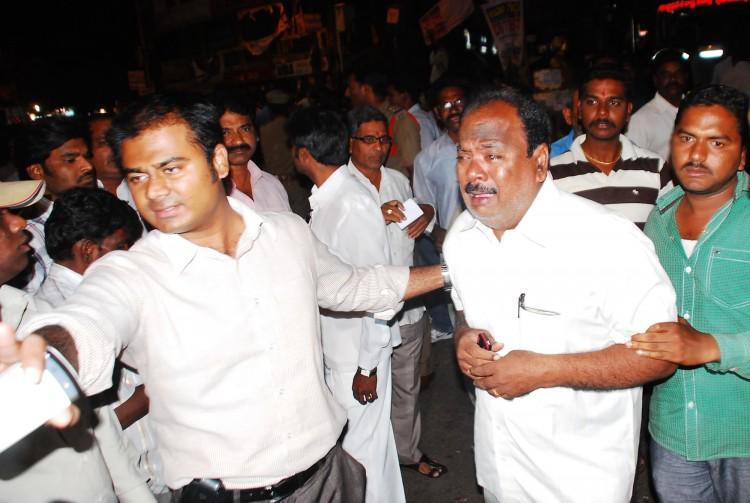Hyderabad Terrorist Attack: Narrow Escapes
Hyderabad residents tell their stories of shock, close calls, and outrage following Thursday’s terrorist attack.

People injured by the terrorist attack on Hyderabad, India receive medical attention at a a city hospital on Feb. 21, 2012. Rajesh Khanna Atmakur

Venus Upadhayaya
Reporter
|Updated:





